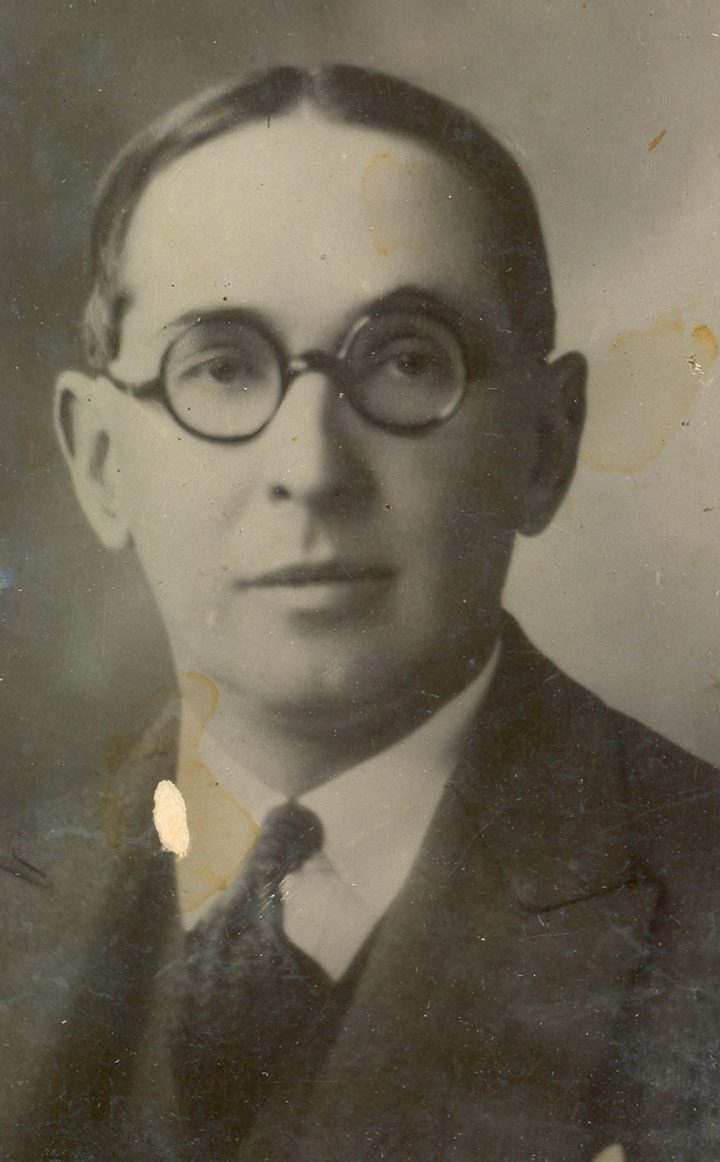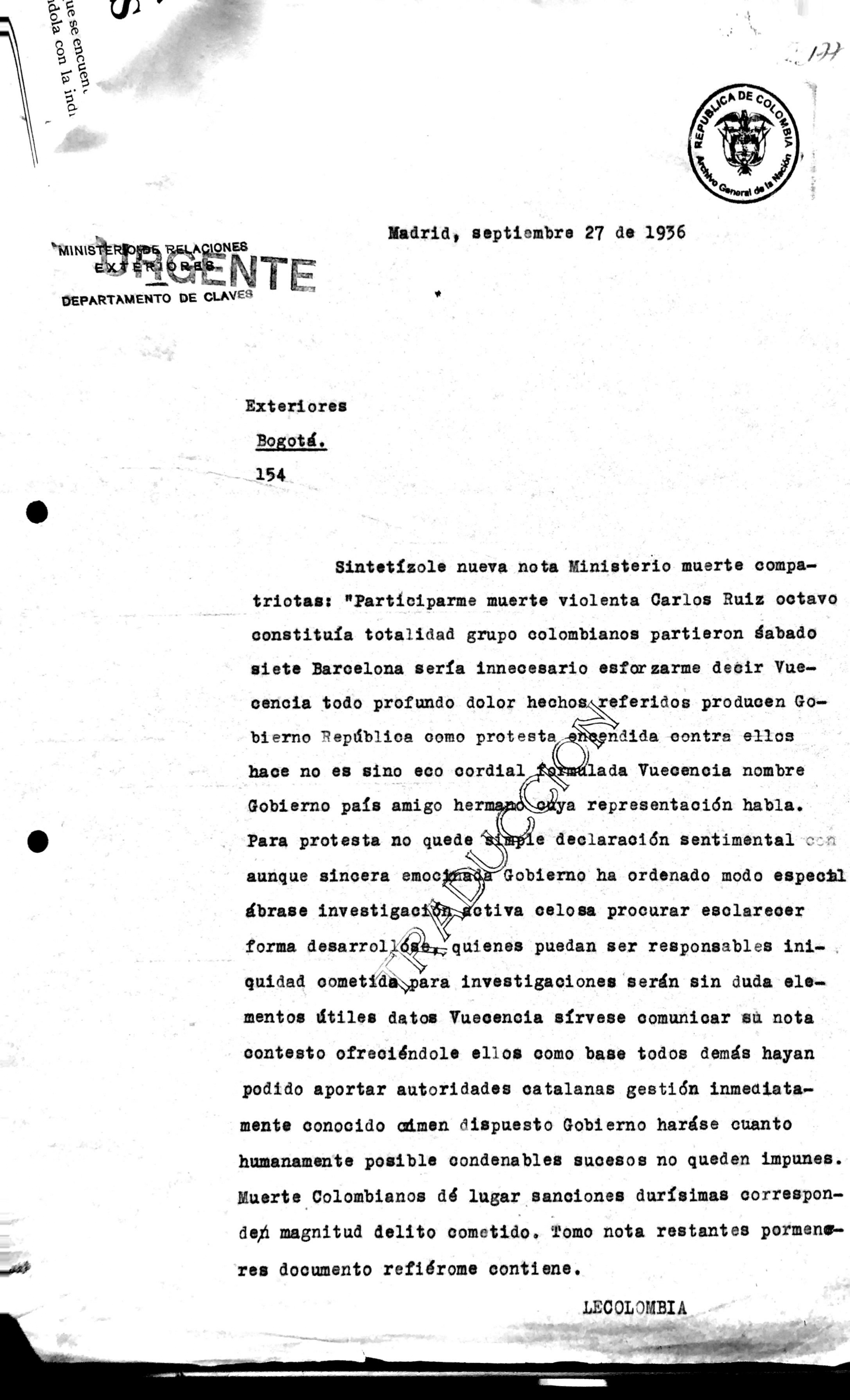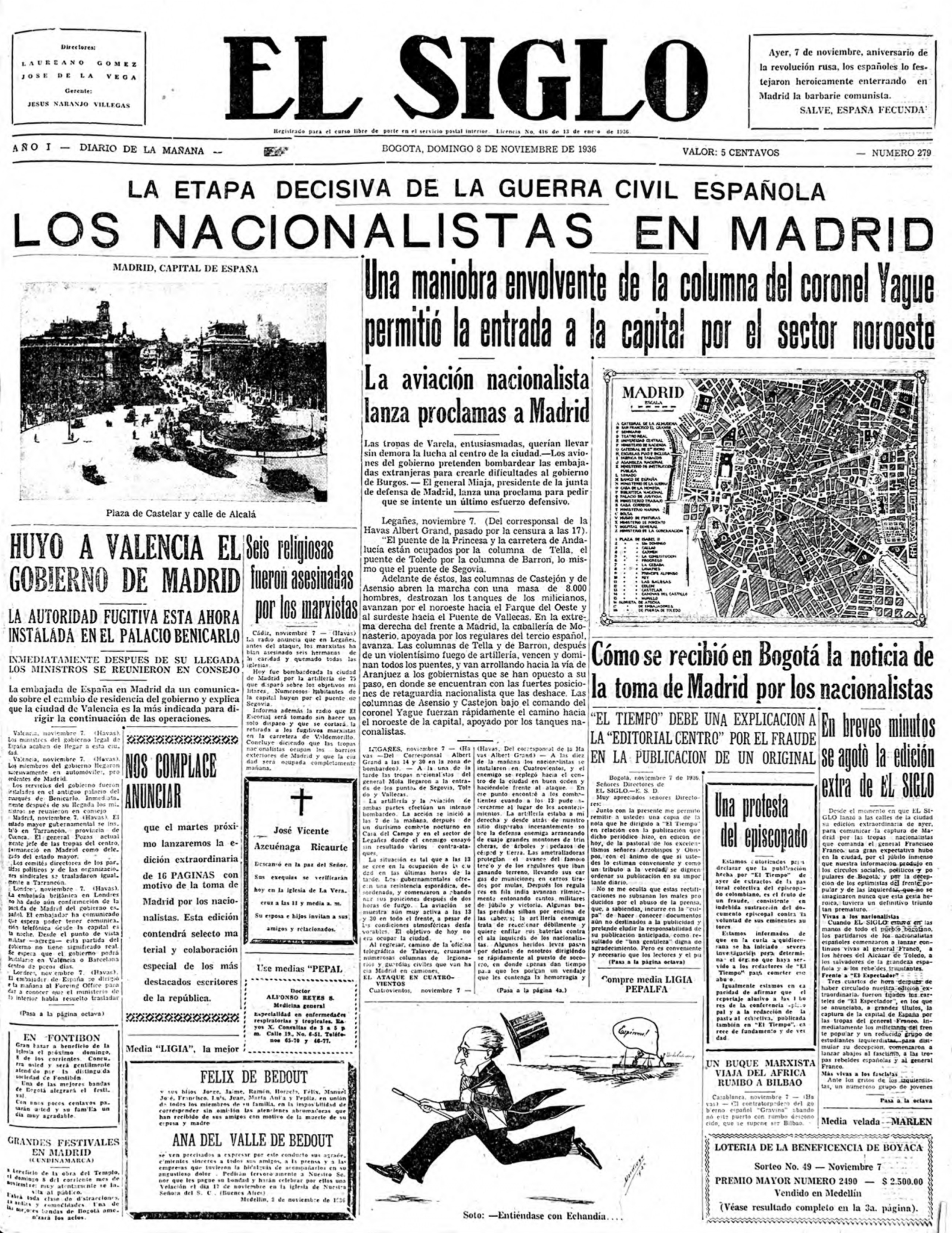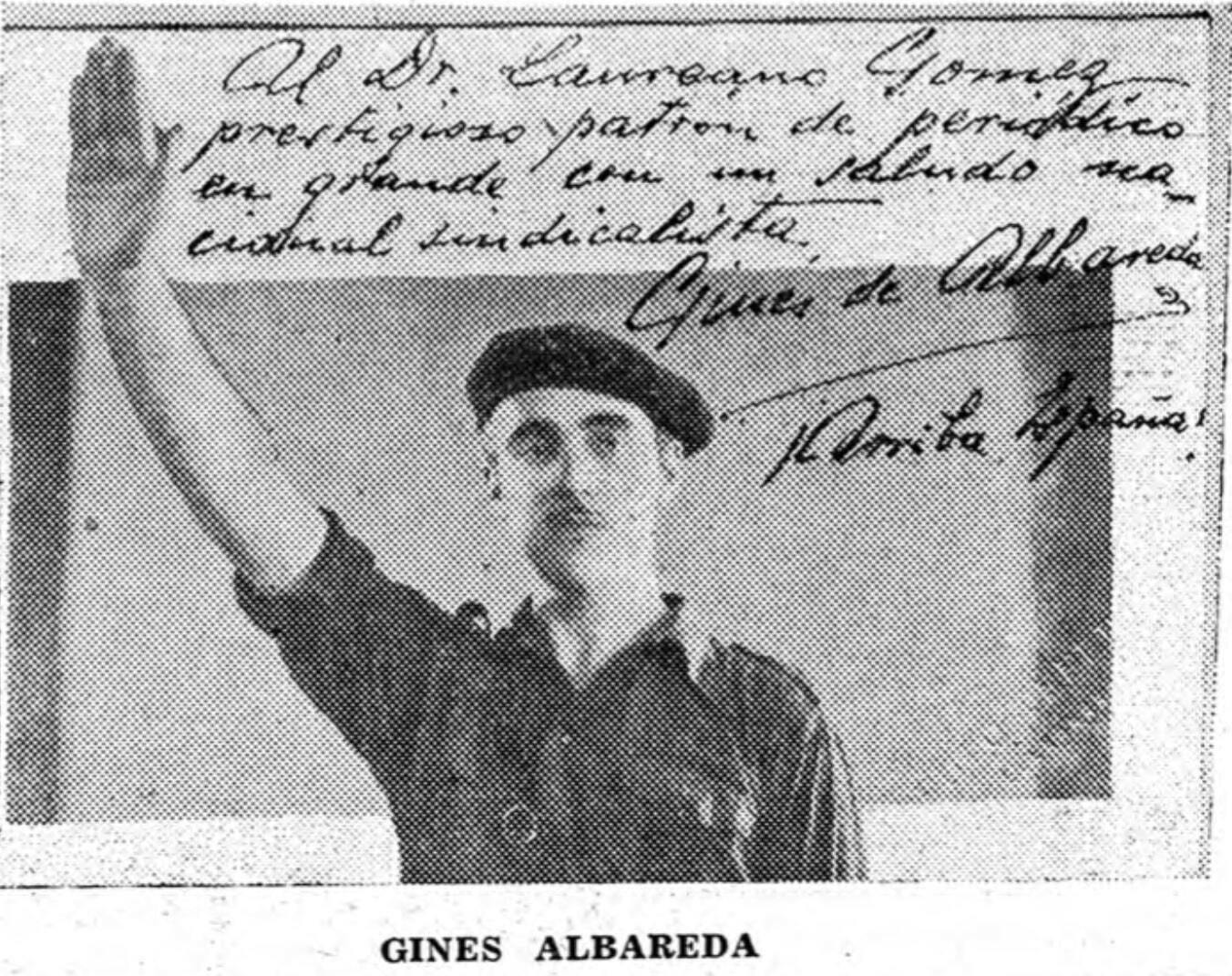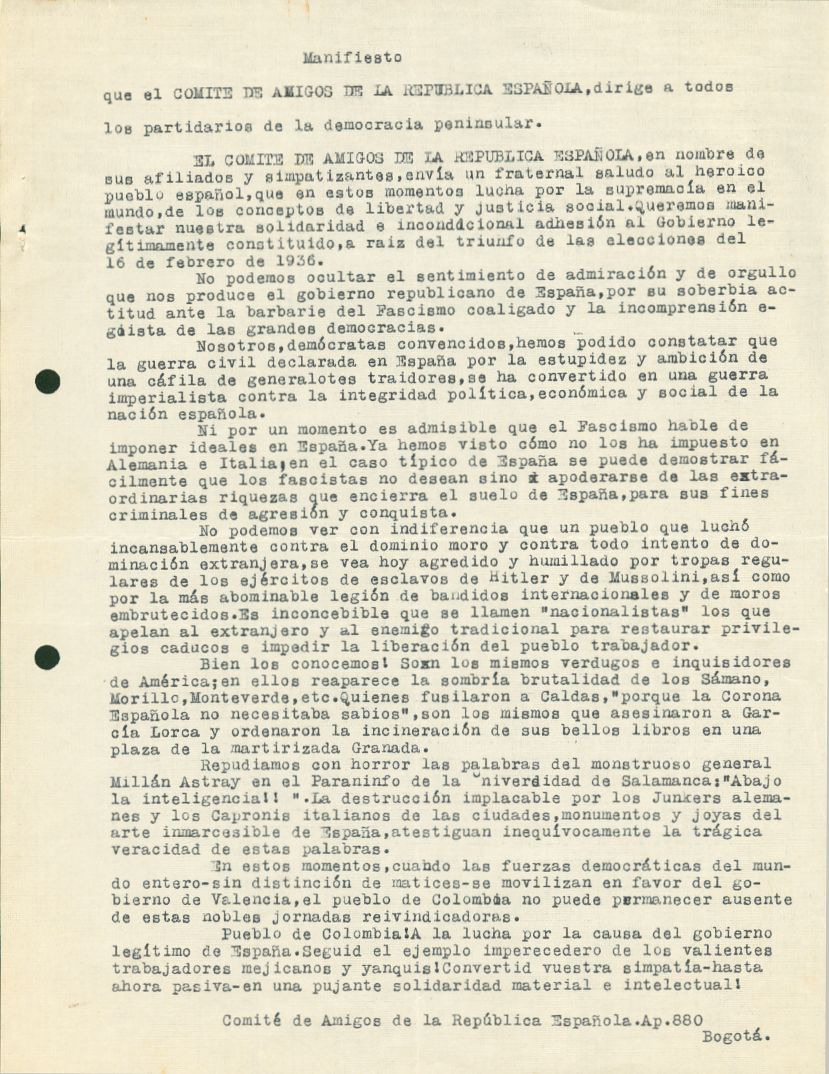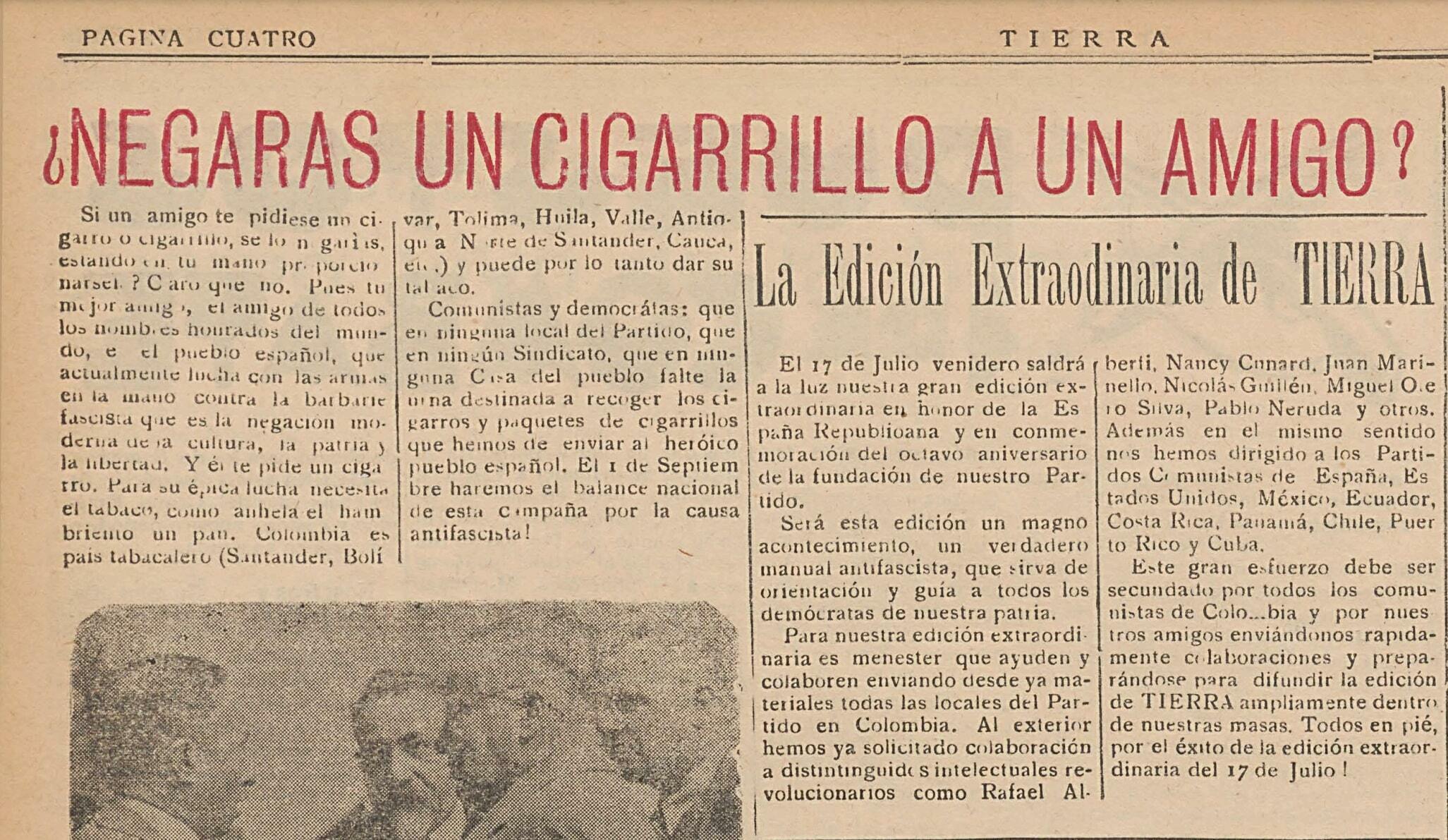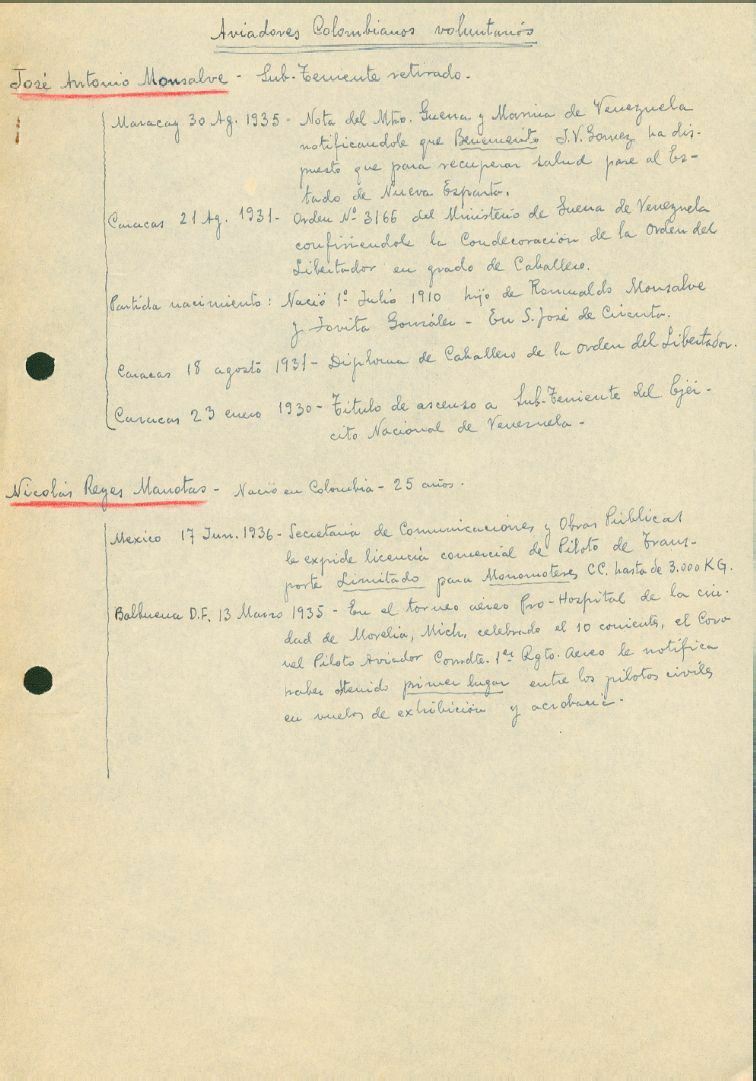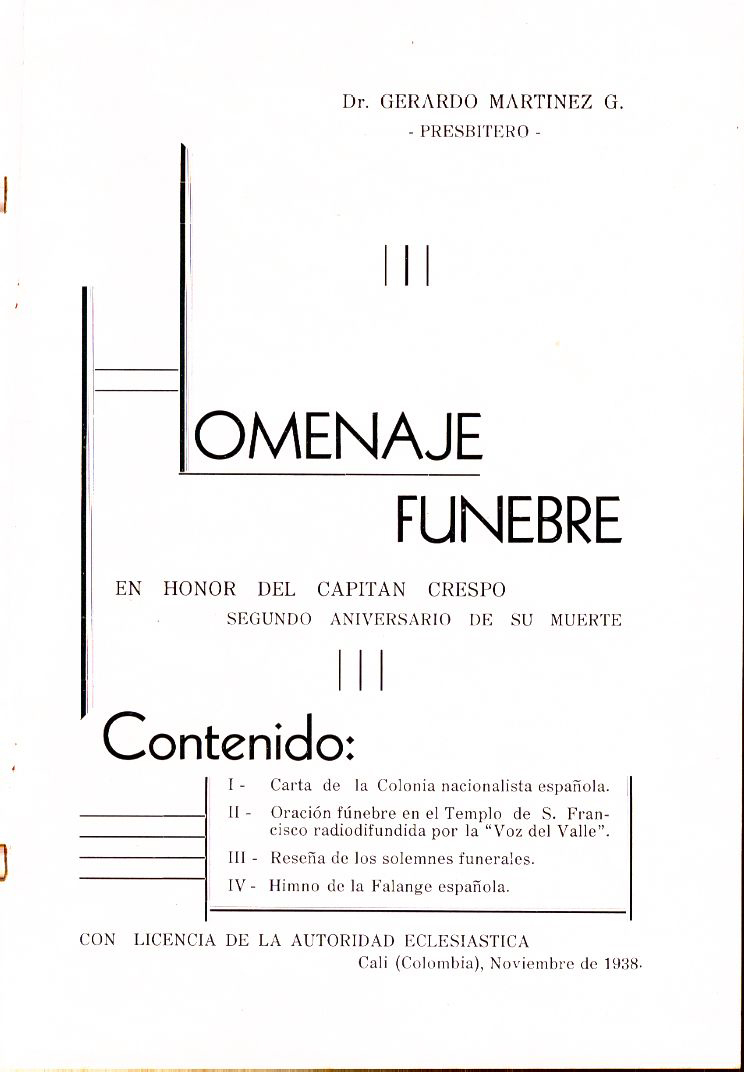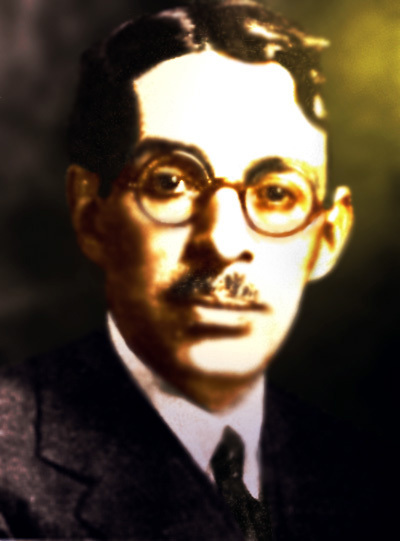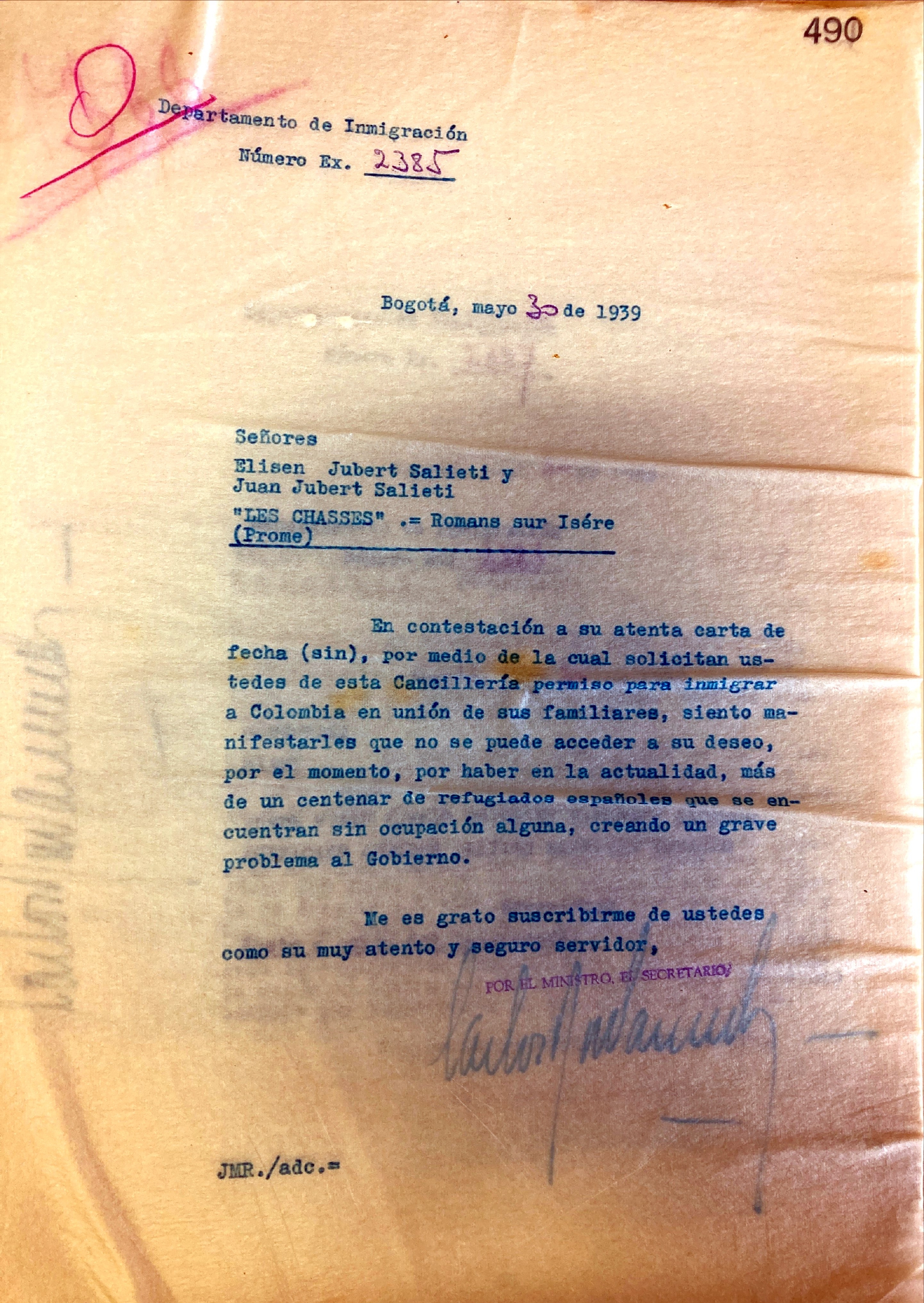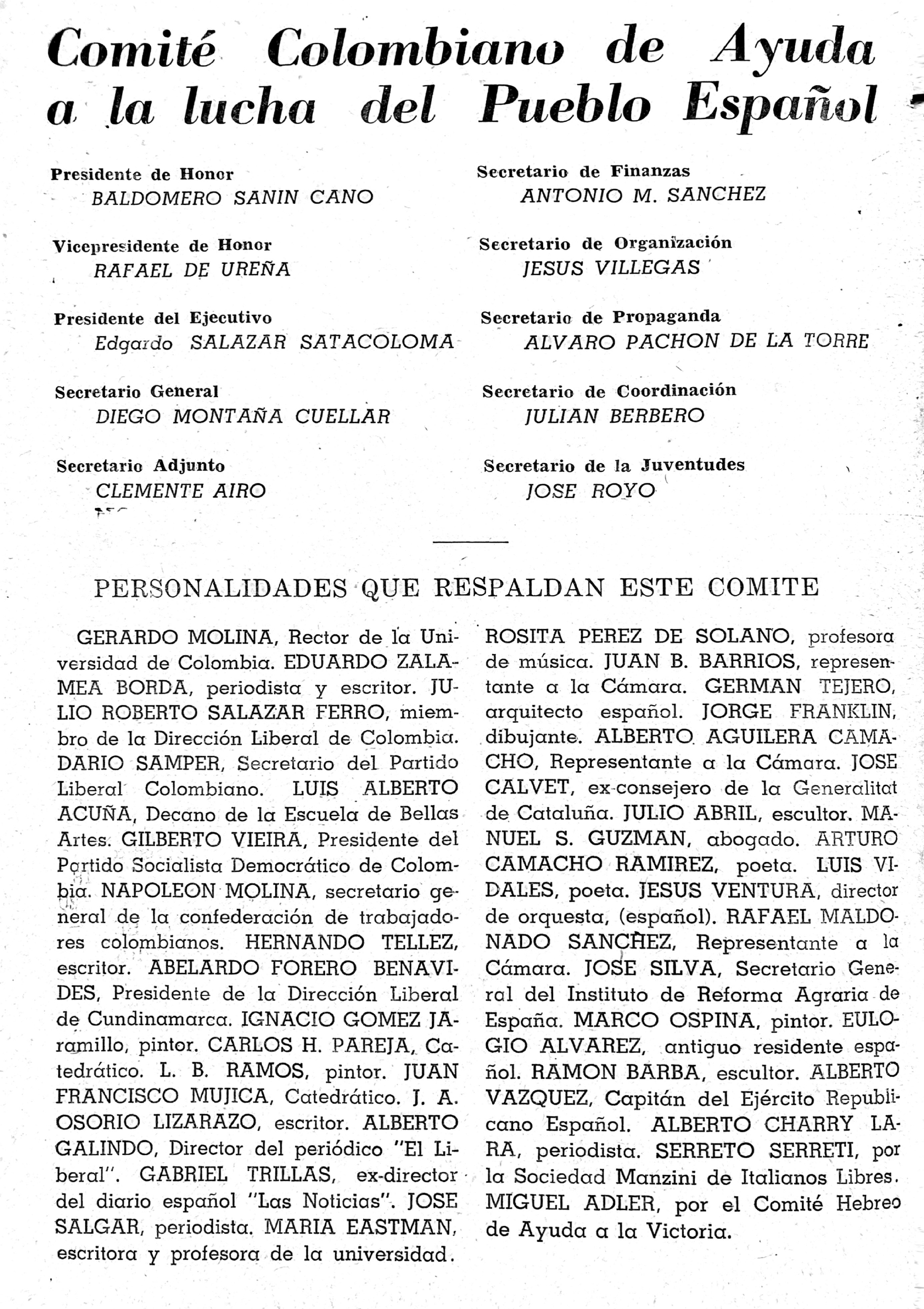Colombia was undergoing what has been described as its first foray into modernization when the Spanish Civil War broke out. Elected in August 1934, the Liberal government of Alfonso López Pumarejo – partly inspired by the Second Republic in Spain – aimed to enhance political participation and transform notions of Colombian identity and citizenship. The superficial parallels in both countries’ recent political developments, as well as the perceived weight of their historic relationship, meant that vast swathes of Colombian society were captivated by events across the Atlantic. In turn, this interest produced significant political, social and culture impacts in Colombia that spanned from the local to the global levels, and both concretized and transformed the sense of connection between the two nations. The arrival of several hundred Republican exiles in the aftermath of the civil war, though relatively small when compared to other nations, further modified the Spanish-Colombian relationship in ways that had important consequences for Colombian, Republican and Latin American identity and organization.
Despite the significant impact of these exiles in Colombia and more broadly, historical memory of the Spanish Civil War and its legacies is weak within the country. Colombian governments, as part of a long history of denying foreign influence on national politics, have made little attempt to document the country’s engagement with Spain in the 1930s. Similarly, organizations in Spain have tended to ignore Colombia in their quest to preserve the history of Republican exile, assuming that the relatively small exile community meant these individuals did not play an important role in Republican political organization or transnational cultural dissemination.
CE








